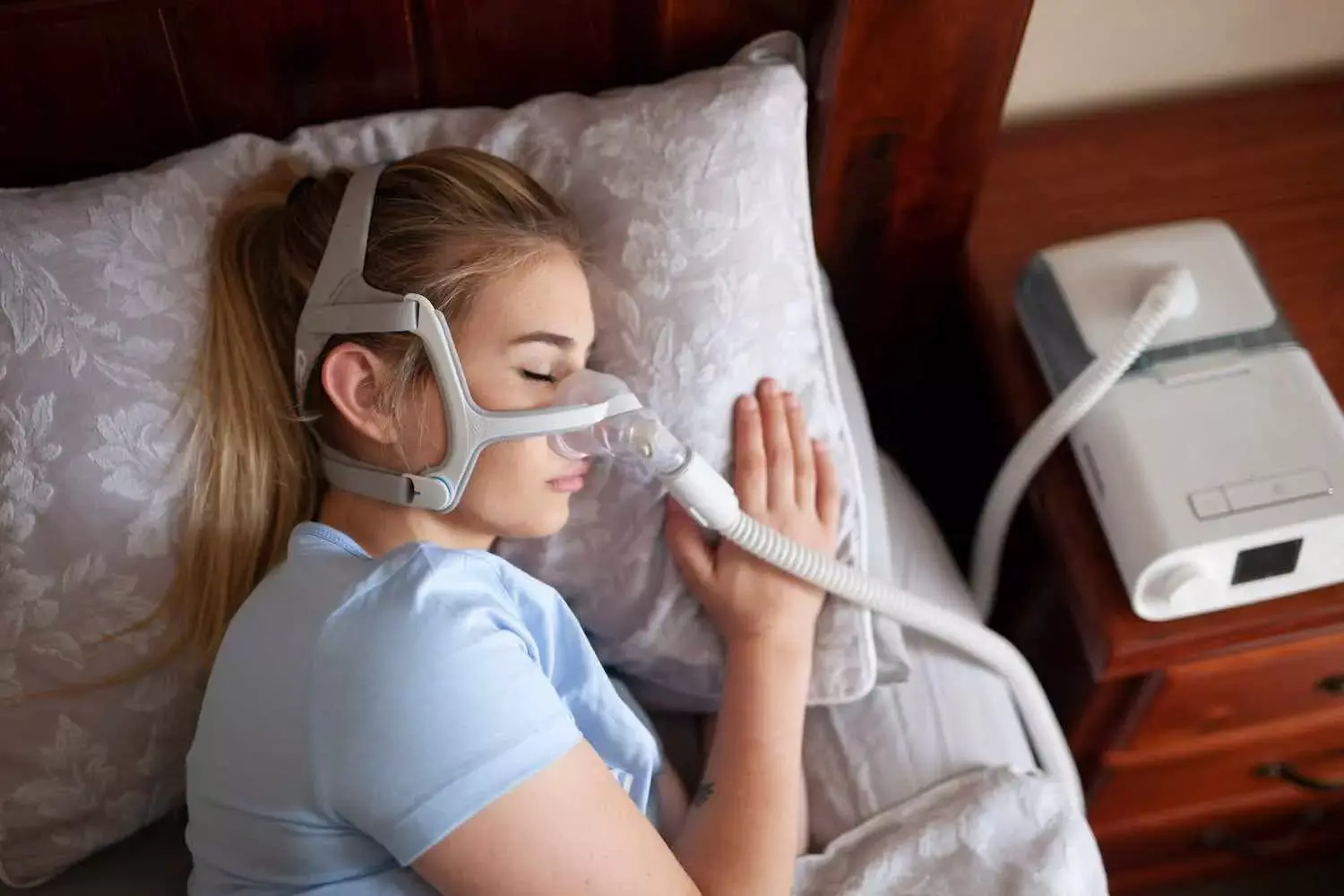- Home
- Medical news & Guidelines
- Anesthesiology
- Cardiology and CTVS
- Critical Care
- Dentistry
- Dermatology
- Diabetes and Endocrinology
- ENT
- Gastroenterology
- Medicine
- Nephrology
- Neurology
- Obstretics-Gynaecology
- Oncology
- Ophthalmology
- Orthopaedics
- Pediatrics-Neonatology
- Psychiatry
- Pulmonology
- Radiology
- Surgery
- Urology
- Laboratory Medicine
- Diet
- Nursing
- Paramedical
- Physiotherapy
- Health news
- Fact Check
- Bone Health Fact Check
- Brain Health Fact Check
- Cancer Related Fact Check
- Child Care Fact Check
- Dental and oral health fact check
- Diabetes and metabolic health fact check
- Diet and Nutrition Fact Check
- Eye and ENT Care Fact Check
- Fitness fact check
- Gut health fact check
- Heart health fact check
- Kidney health fact check
- Medical education fact check
- Men's health fact check
- Respiratory fact check
- Skin and hair care fact check
- Vaccine and Immunization fact check
- Women's health fact check
- AYUSH
- State News
- Andaman and Nicobar Islands
- Andhra Pradesh
- Arunachal Pradesh
- Assam
- Bihar
- Chandigarh
- Chattisgarh
- Dadra and Nagar Haveli
- Daman and Diu
- Delhi
- Goa
- Gujarat
- Haryana
- Himachal Pradesh
- Jammu & Kashmir
- Jharkhand
- Karnataka
- Kerala
- Ladakh
- Lakshadweep
- Madhya Pradesh
- Maharashtra
- Manipur
- Meghalaya
- Mizoram
- Nagaland
- Odisha
- Puducherry
- Punjab
- Rajasthan
- Sikkim
- Tamil Nadu
- Telangana
- Tripura
- Uttar Pradesh
- Uttrakhand
- West Bengal
- Medical Education
- Industry
CPAP not effective in sleep apnea in elderly population

Continuous positive airway pressure (CPAP) is the treatment of choice for moderate-to-severe obstructive sleep apnea (OSA). But researchers from the University of Missouri School of Medicine have found this treatment may not be as effective in patients older than 80.
The study was recently published in the journal Sleep Medicine.
Sleep apnea is a sleeping disorder that causes people to stop breathing repeatedly through the night. If left untreated, it can lead to serious health problems, including high blood pressure, heart trouble and even depression or anxiety. CPAP machines treat sleep apnea by delivering a stream of air into a person's airway through a mask and tube, preventing the airway from collapsing and allowing the person to breathe continuously through sleep. Previous studies have shown that CPAP treatment can significantly reduce sleepiness and depression and guard against high blood pressure.
In this study, researchers studied 369 participants over the age of 70 with OSA and assigned roughly half to receive CPAP therapy for three months. Researchers used several metrics to compare both groups, including a subjective measure of a patient's sleepiness, the effect of CPAP on sleep-related quality of life, the effect on anxiety and depression and impact on blood pressure levels. They further subdivided the results by those older and younger than 80.
"Our findings suggest that CPAP treatment is not as effective in patients over 80 years of age with OSA when compared to younger patients," said senior author David Gozal, MD, the Marie M. and Harry L. Smith Endowed Chair of Child Health at the MU School of Medicine. "We did not see any improvements in OSA-related symptoms, quality-of-life metrics, mood-related symptoms or blood pressure compared to the group that did not receive CPAP treatment."
Gozal said patients over 80 typically have a more sedentary lifestyle, and the presence of other disorders that may also affect the quality or quantity of sleep, but cannot be addressable with CPAP. He also cited other previous studies that suggest that patients older than 80 are less likely to adhere to CPAP therapy long-term.
"Considering the growing population of elderly patients that is being referred for sleep consultation, large clinical trials are urgently needed to try to solve key questions related to the use of CPAP in patients over the age of 75 or 80," Gozal said. "Those questions include: What type of elderly patient with OSA will benefit from CPAP? Is CPAP a cost-effective treatment for patients in this age group? And once CPAP treatment is initiated, should it last forever?"
In addition to Gozal, the study authors include several researchers from Spain, including co-lead author M.A. Martinez-Garcia, MD, PhD, section head of pneumology from Hospital Universitario and Politenico La Fe in Valencia.
https://www.sciencedirect.com/science/article/abs/pii/S138994572100558X?via=ihub
Hina Zahid Joined Medical Dialogue in 2017 with a passion to work as a Reporter. She coordinates with various national and international journals and association and covers all the stories related to Medical guidelines, Medical Journals, rare medical surgeries as well as all the updates in the medical field. Email: editorial@medicaldialogues.in. Contact no. 011-43720751
Dr Kamal Kant Kohli-MBBS, DTCD- a chest specialist with more than 30 years of practice and a flair for writing clinical articles, Dr Kamal Kant Kohli joined Medical Dialogues as a Chief Editor of Medical News. Besides writing articles, as an editor, he proofreads and verifies all the medical content published on Medical Dialogues including those coming from journals, studies,medical conferences,guidelines etc. Email: drkohli@medicaldialogues.in. Contact no. 011-43720751


